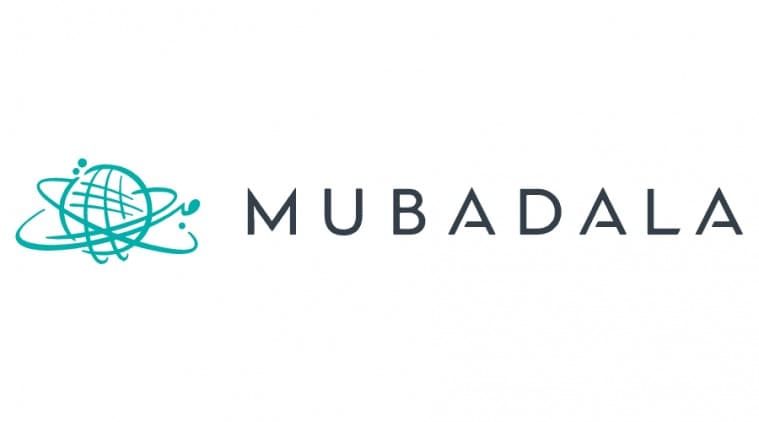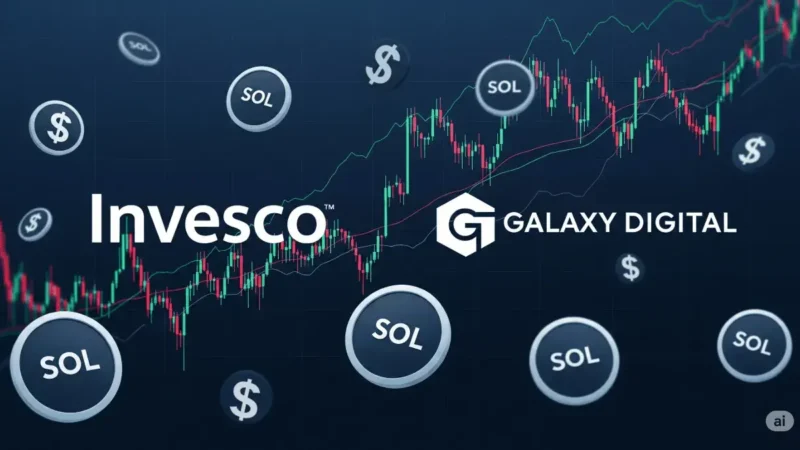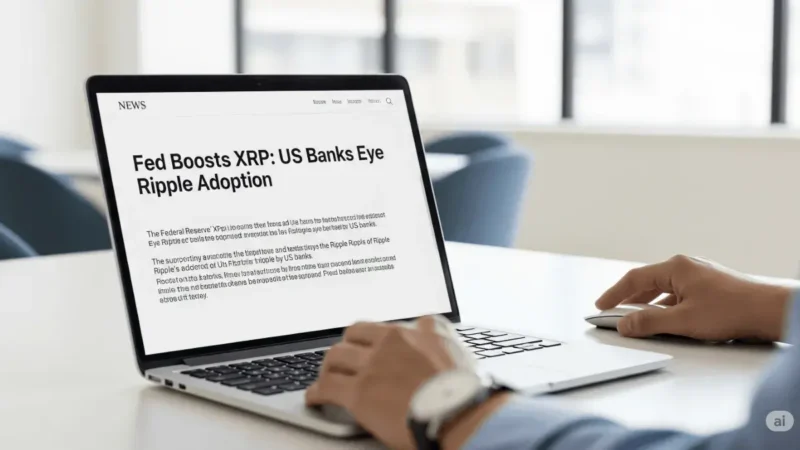State fund Mubadala Investment Capital sees the crypto industry positively

Khaldoon al-Mubarak, head of Abu Dhabi-based state fund Mubadala Investment Capital, has expressed his positive attitude and support towards the crypto industry.
In a recent interview with CNBC , the CEO of the Mubadala Investment Company, who is also chairman of Manchester City Football Club, distanced himself from the critics of the cryptocurrency. He called the technology “real” and pointed to the rapid growth of the industry from $ 250 billion to $ 3 trillion in just a few years.
“Many people are skeptical. I don’t belong in that category. I see that as real. “
The Mubadala Fund, which is associated with the Crown Prince of Abu Dhabi, Mohamed bin Zayed, managed a global portfolio worth $ 243 billion as of November 18. According to Al-Mubarak, the company invested part of this fund in cryptocurrency, but he did not provide exact numbers. He named blockchain technology as an area of interest to the company and said:
“We look at the ecosystem around cryptocurrencies. And I think we are investing in this ecosystem. That could be blockchain technology and others. “
New technologies in the Emirates
In 2019, the Mubadala Fund started its first crypto project and invested in MidChains, the first regulated crypto exchange in the United Arab Emirates (UAE). The platform began operations in late September and offers trading in four leading cryptocurrencies: Bitcoin, Ethereum, Bitcoin Cash and Litecoin.
According to al-Mubarak, the development of the regulatory environment for cryptocurrencies is necessary and they would help digital assets develop into “something new”.
Currently, however, the Emirates’ central bank has no regulation for digital assets and it leaves no doubt that it does not recognize the novel financial industry. The Emirati dirham remains the only legal tender in the country. Still, Dubai, the most populous emirate, took several crypto-friendly measures.
At the end of September, the UAE’s regulators agreed to allow crypto trading in Dubai’s free trade zones, which offer duty-free and tax benefits to companies producing there. There are currently 30 free trade zones in Dubai. A corresponding regulation was also introduced in May for the free trade zone at Dubai Airport. All of this shows that the region is keen to allow financial innovation, albeit under regulatory oversight.
Islam and the crypto industry
When it comes to dealing with cryptocurrencies, the governments of Islamic countries behave very differently. Most of the population in the Emirates is Muslim, as is that of Indonesia . But they have a completely different attitude towards the crypto industry. Last month, the Indonesian authorities banned all Muslims in the country from having digital assets allegedly containing elements of “insecurity, gambling and danger”. It is not clear whether and how this view will also prevail in other Islamic regions in the future.



